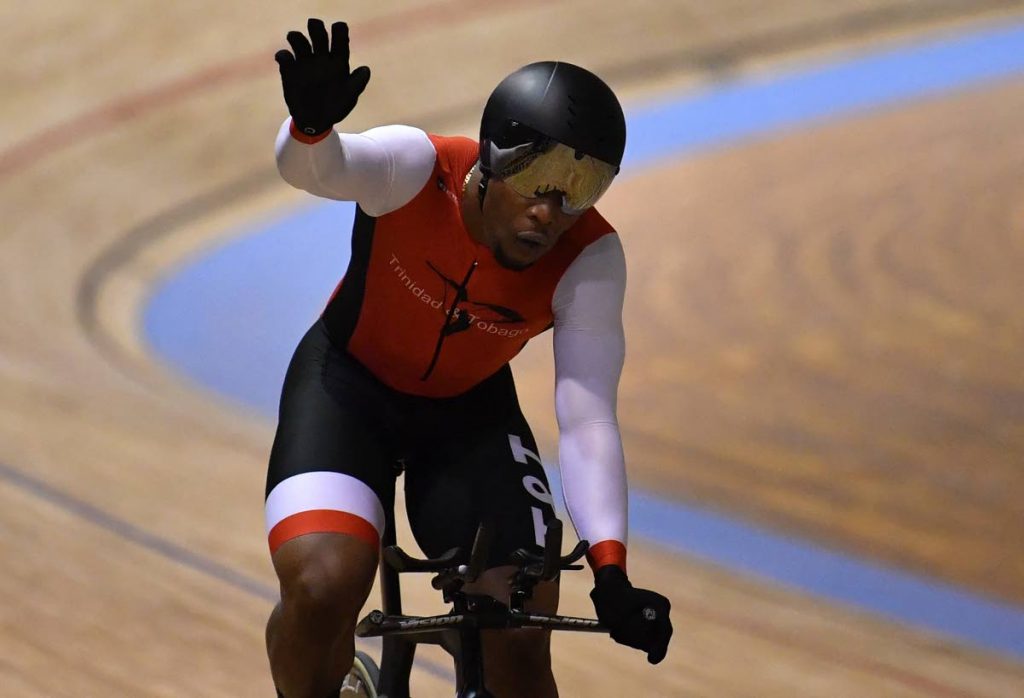Seeing the silver lining

WE CONGRATULATE Nicholas Paul on making history by bringing home a silver medal in cycling’s World Championship on Friday, becoming the first Trinidadian to stand on a podium there in decades.
Not only did the cyclist win a medal in the men’s 1km time trial, he also reached the keirin final – where he narrowly missed out on bronze – as well as the sprint quarterfinals.
Mr Paul, 23, has been consistently turning in stellar performances in his budding career and is the world-record holder in the sprint. These recent competition placements underline his status as being among world cycling’s top talents.
While last week’s medal was a proud moment for the nation, Mr Paul’s performance is also a reminder of this country’s vast potential and, by implication, the relatively poor job that has been done when it comes to nurturing and supporting talent.
Mr Paul’s medal ended two droughts.
The first related to our disappointing performance at the Olympics earlier this year; the second relates to our performances in cycling over the years.
It’s already been well-publicised that the last world championship medal this country won was in 1991, when Gene Samuel won bronze in the same time trial in Stuttgart, Germany. That was 30 years ago. Why did it take so long? It is worth considering Mr Samuel’s take.
“We are blessed in the Caribbean with natural talent,” he said. “We just don’t have the support from the Government.” Such an assessment is likely to provoke the usual reactions.
Government officials will issue a flurry of media releases pointing out the support the State gives to sportsmen and sportswomen generally, in the form of occasional grants and programmes.
It will also be observed that major infrastructure has been constructed, at considerable expense, for cyclists, including the National Cycling Velodrome.
But others will question the thoroughness of the State’s commitment to the cause.
For example, Mr Paul is currently based at the International Cycling Union World Cycling Centre in Switzerland. He has been guided by a foreign coach who was not even included in TT’s Olympic delegation earlier this year (numbers were limited owing to covid19 restrictions, officials said, but the coach made his own way to Tokyo, nonetheless, to support his charge).
It could also be argued that neglect is nothing new. After all, before Mr Samuel got his medal in 1991, there was also a long drought. The previous medal had been won in 1967.
What is clear is that the greatest athletes make what they do appear effortless, when it is anything but.
At a time when so many are quick to claim credit, it is worth considering how better the State and the private sector can help cyclists like Mr Paul achieve their goals.


Comments
"Seeing the silver lining"